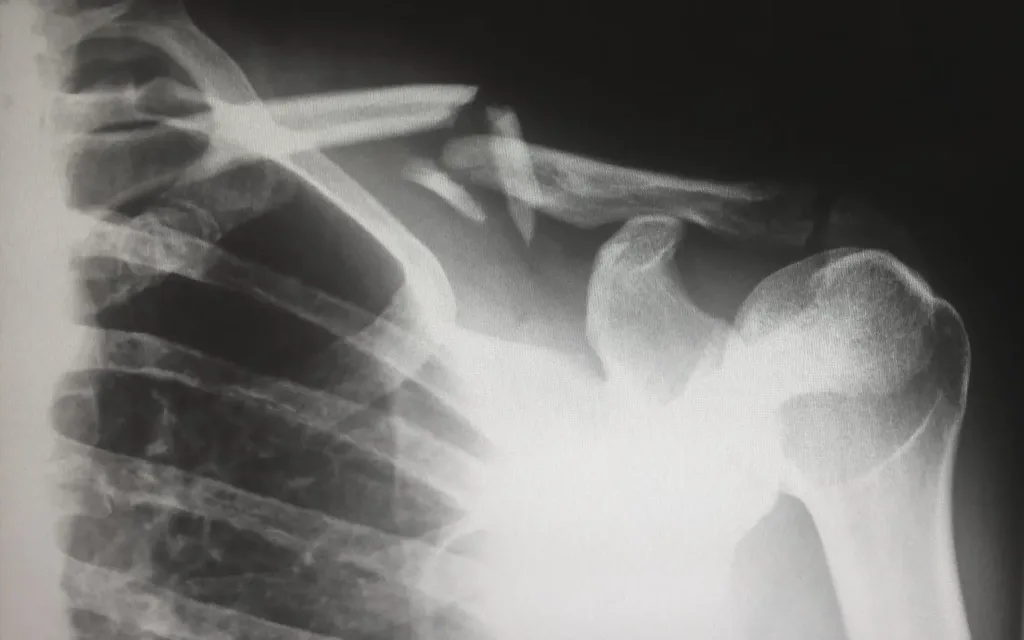
Accidents of any nature can have long-lasting consequences that many wrongfully injured victims, and their spouse and family, may not consider on the surface. Economic and non-economic damages are the two main categories of recoverable damages under Texas Law. However, while economic damages, including medical expenses, property damage, and lost earnings, normally have a clear and definable impact, other injuries may run more profound than not being able to pay bills.
Texas law allows wrongfully injured victims and their family more than just compensation for financial losses like medical bills, property damage, and lost wages. The law under Texas also entitles parties to be compensated for non-economic damages, including pain and suffering, mental anguish, impairment and disfigurement, loss of consortium, and loss of services, among others.
Physical pain and suffering – A wrongfully injured victim can recover from both past and future physical pain and suffering caused by a tortfeasor’s wrongful conduct. While medical expenses are often definable medical damages, physical pain and suffering are based on the significant agony and misery caused throughout the injured party’s treatment and recovery.
Mental anguish – also known as emotion or mental distress, mental anguish is more than mere disappointment, anger, or resentment, but also includes the mental sensation of pain resulting in painful emotions such as grief, sorrow, depression, indignation, and despair, among others. In addition to an injured victim being compensated for their mental anguish, family members who wrongfully lost a loved one, and bystanders who witnessed a traumatic injury may be entitled to recover as a result of their loss or the direct emotional impact caused by perceiving a tragic accident.
Impairment and disfigurement – in a personal injury case, a wrongfully injured victim is also entitled to recover from physical impairment and disfigurement. Physical impairment is defined as the loss of enjoyment of life and usually includes impairment to a body party or affecting the victim’s physical activities. This type of recoverable damage encompasses the wrongfully injured victim’s inability to participate in sports, hobbies, or other recreational activities that they were once able to participate in before their injury. On the other hand, disfigurement is a type of recoverable damage from the impact the injury had on their appearance or beauty, or which renders a part of their body unsightly, imperfect, or deformed in some manner. Common forms of disfigurement include scars, burns, and amputations. However, it is not necessary that the disfigurement be large or noticeable to be compensated for disfigurement.
Loss of consortium and loss of companionship – This noneconomic damage covers the loss of social benefits of a family relationship due to the injures caused by the negligent party. A claim for loss of consortium is derivative of the injured party’s claim and is based on the loss of love, affection, protection, emotional support, companionship, care, and society that may be diminished from the family member’s injury. A spouse can recover for loss of consortium caused by the emotional and intangible elements of the marriage, including loss of comfort, affection, companionship, society, and sexual relations. A child, on the other hand, can recover for loss of companionship when the parent suffers serious and disabling injuries that affect the parent-child relationship.
Loss of services – Loss services are essentially the inability of a loved one to be able to perform the chores that we all take for granted and can include things like cleaning, making dinner, cutting the grass, doing the laundry, and anything else around the home that would conceivably cost money to have some else, including your spouse or family member, do the same task. Simply put, if an injured person has the responsibility for washing dishes, and their injury prevents them from doing so, a spouse or parent can recover for the loss of services resulting from the death or injury to a spouse or child.
While economic damages are much simpler to assess, non-economic damages are generally decided by a jury based on the severity of the victim’s injuries, how the injury impacted their or their family’s lives compared to before the injury, how long their recovery was, whether or not the victim’s physical appearance was altered by the injury, and how the injury irreversibly altered the course of their life or caused major changes to it, among other considerations.
If you or someone you love has been wrongfully injured, contact an experienced attorney at Abraham, Watkins, Nichols, Agosto, Aziz, and Stogner by calling (713) 222-7211 or 1-800-870-9584 for a free consultation. The law firm of Abraham, Watkins, Nichols, Agosto, Aziz & Stogner is the longest-standing personal injury firm in Texas and will help you maximize the compensation you and your loved ones deserve.
